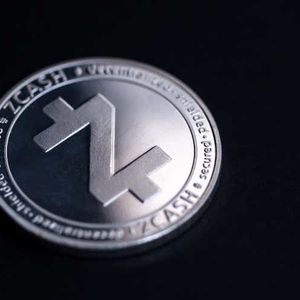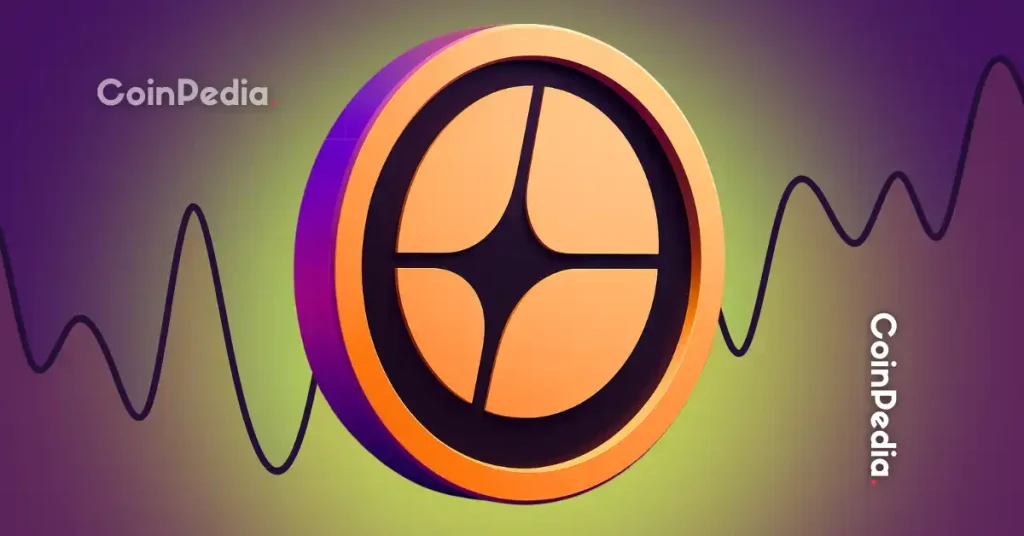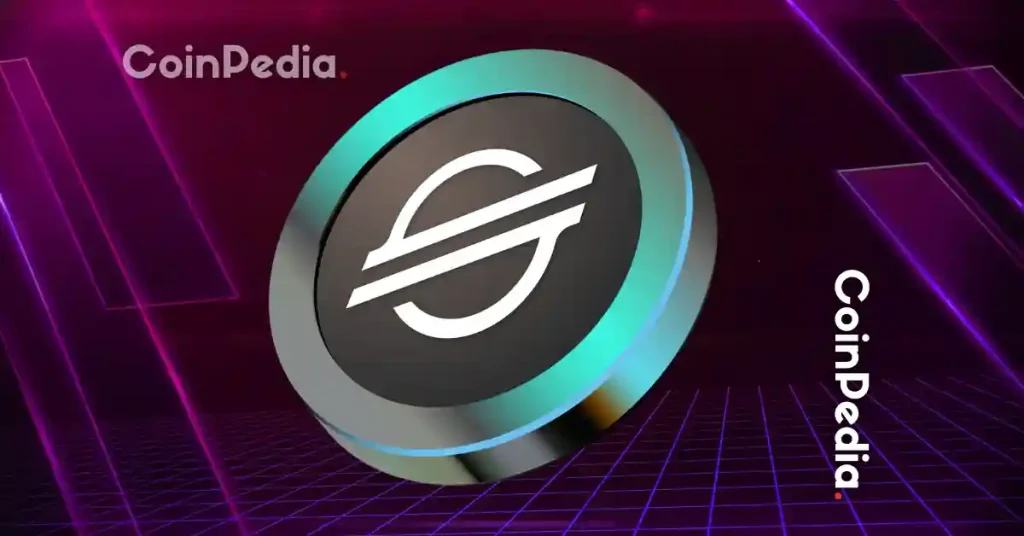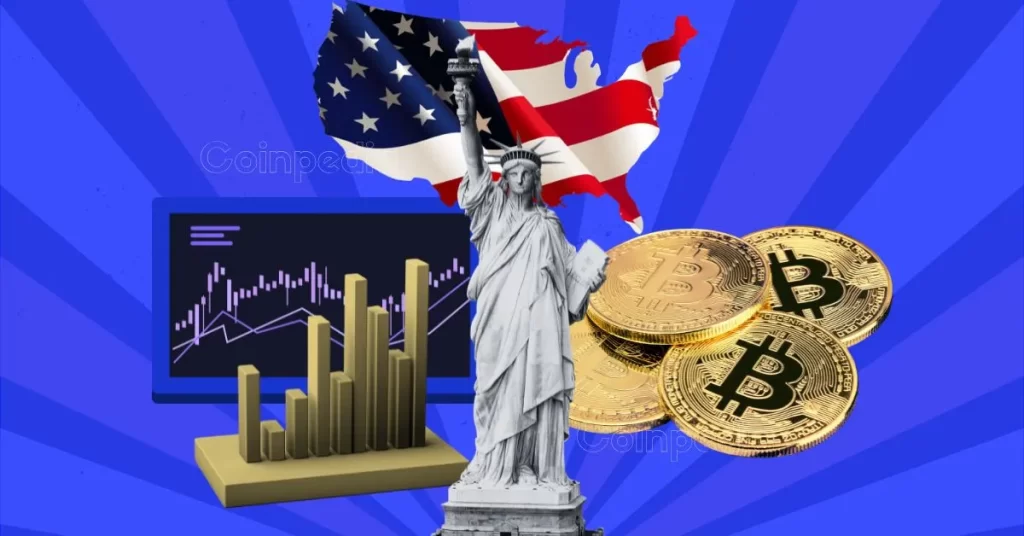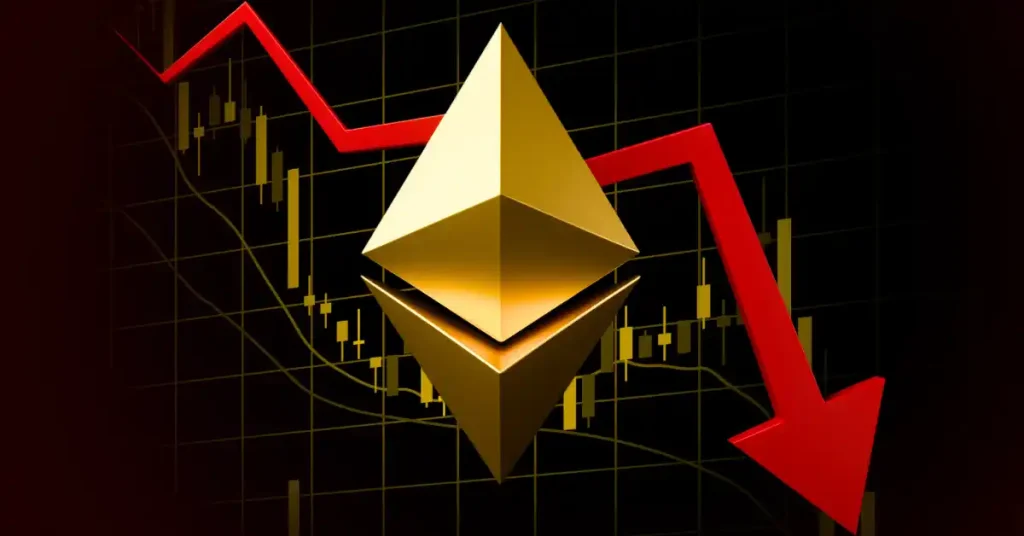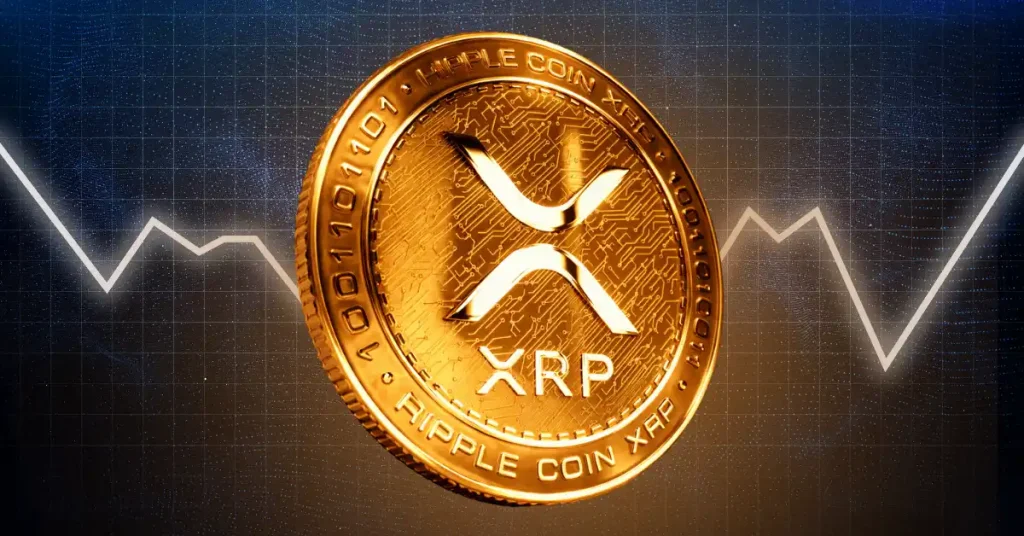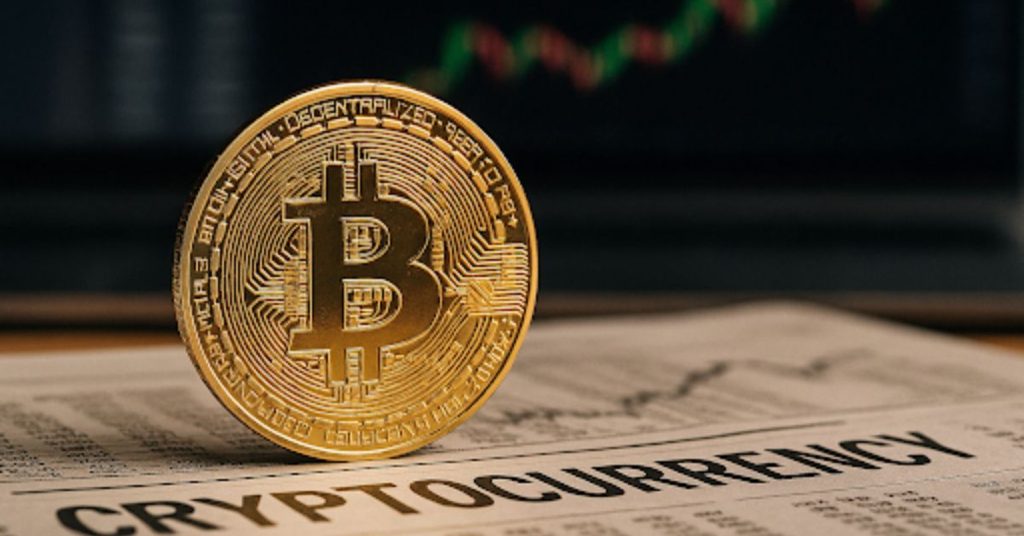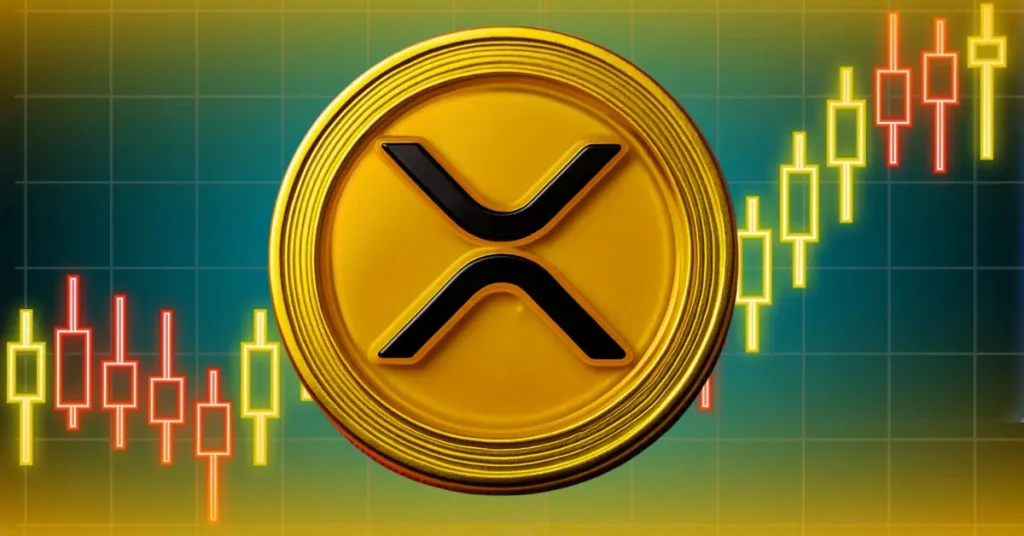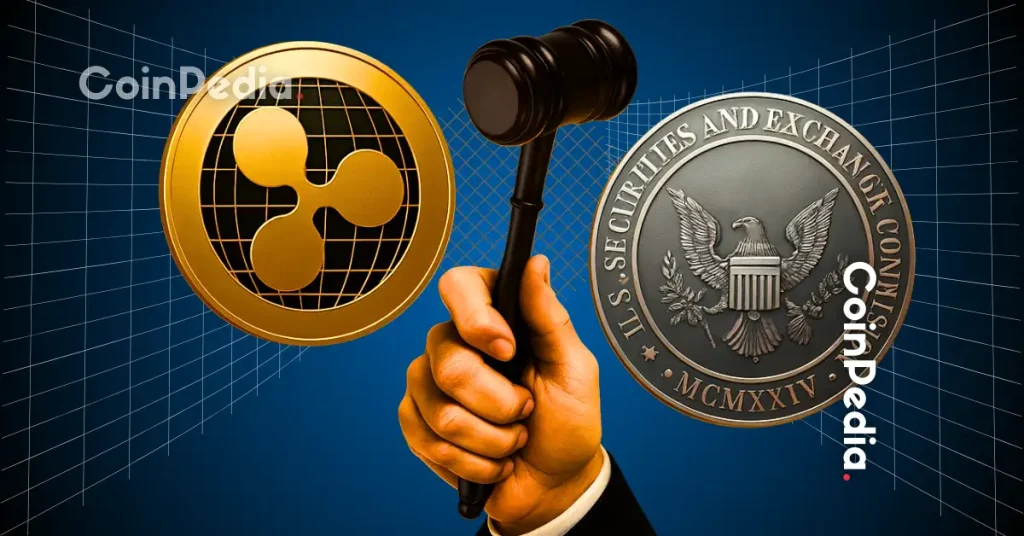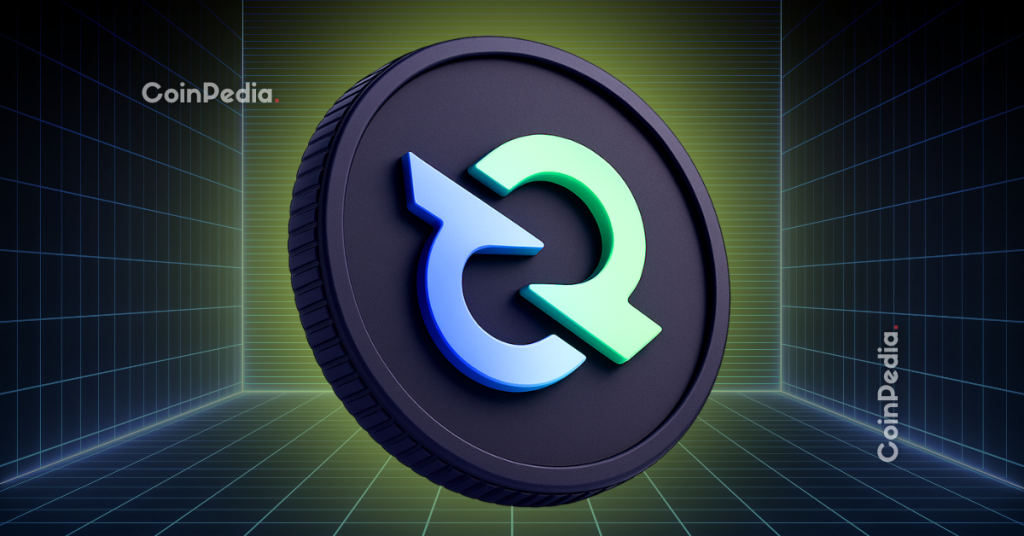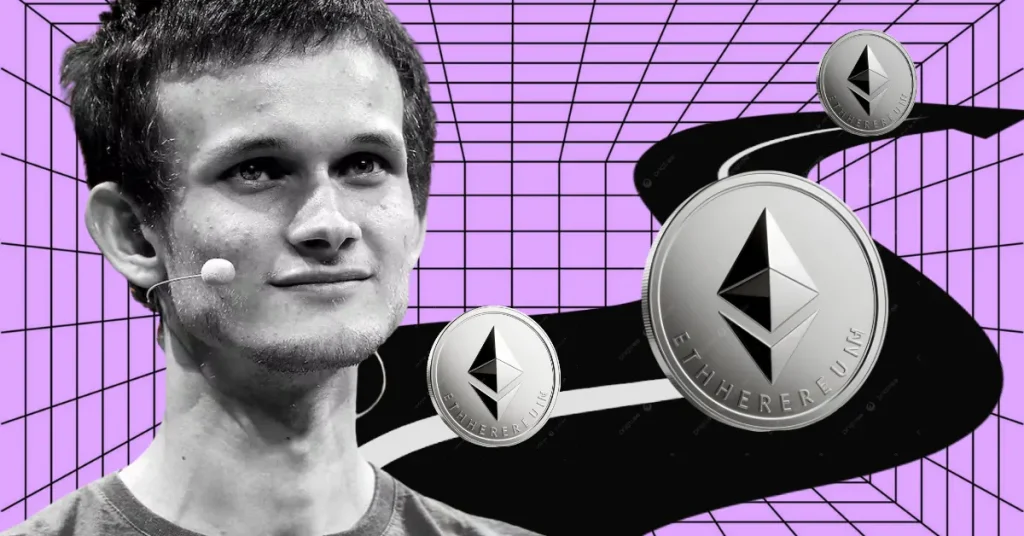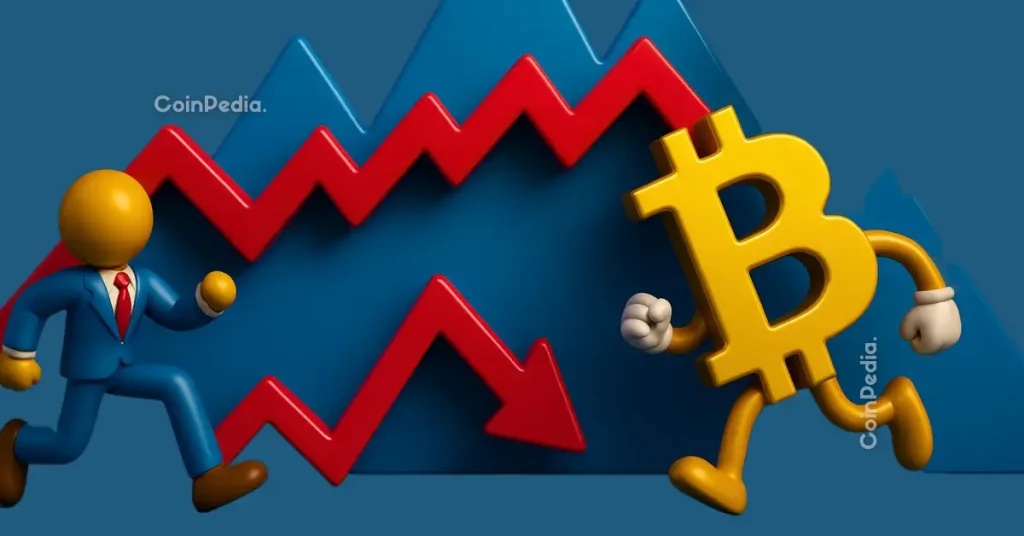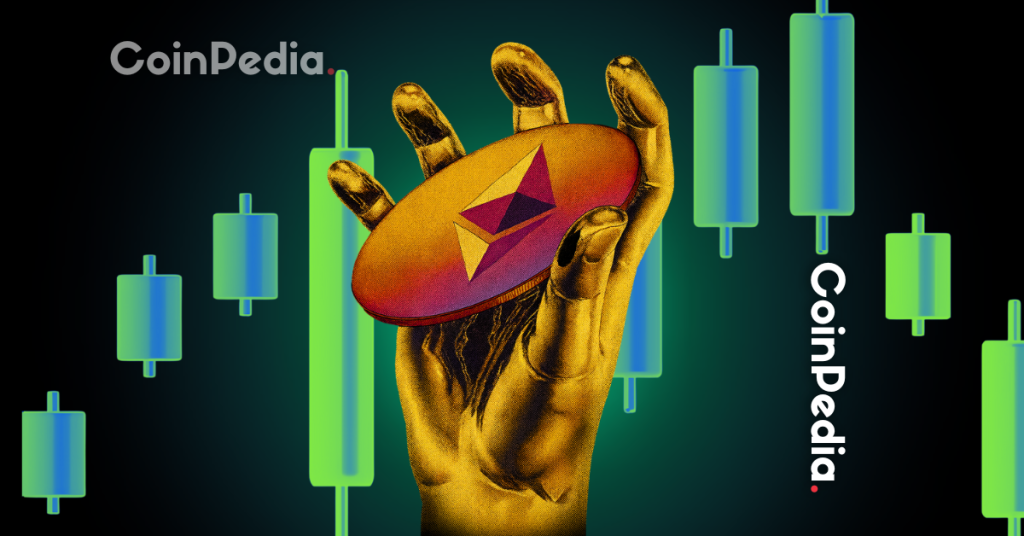Summary The Zcash network has underperformed other privacy-focused crypto coins since last summer. A spam attack that exploited a flaw in the network's fee mechanism tripled the size of the blockchain, making it annoying to run a full node. Despite the attack, the chain was never shut down or stopped, no funds were ever hacked, and hash rate has remained near highs despite the drop in coin price. It's been well over a year since I've covered Zcash ( ZEC-USD ) for the Seeking Alpha public site. To call the performance since that article "disastrous" would probably be an understatement. It was published approximately two months before the Terra Luna ( LUNC-USD ) collapse and is now down 76% since that call. Data by YCharts It's been a bad call and I have to wear that. Perhaps more discouraging though is the underperformance vs notable privacy-centric cryptocurrency peers like Monero ( XMR-USD ) and Dash ( DASH-USD ); while those coins are certainly down as well since March 2022, it's to a far lesser degree. I'm not going to compare ZEC to either of those other coins. I think each have their own merit. I can definitely recommend this very good deep dive on XMR and I recently covered DASH for BlockChain Reaction subscribers as well. But for the benefit of this article, I'd like to explore what I believe caused the underperformance in ZEC and why I think that catalyst is behind us. The Block Spam Problem To get a better sense of the historical correlation of these coins, I think the 3 year normalized price performance shows us how the privacy coins moved in lockstep for much of 2020, 2021, and 2022. Data by YCharts ZEC and XMR specifically held a very tight correlation up until last summer. In July there was a clear divergence between the return of ZEC and the return of XMR. In my view, the most logical explanation for that divergence was a block spam attack that started in June 2022. You can see the impact that spam attack had pretty clearly through the median block size trend: Median Block Size (Blockchair) Before the spam attack started, the median block size was generally very low. Sometimes between 2-5 kb. At the height of the attack, the median block size would often reach 1,500 to 1,800 kb. While it didn't directly damage the security of the network per se, the spam attack made running a full node very annoying because of the data download required to keep up with the blockchain size. Over the course of the spam attack, the block size of the chain actually tripled: Zcash Blockchain Size (Blockchair) The obvious question is how did this happen? Up until very recently, the Zcash fee mechanism had a pretty silly flaw that didn't protect the block space through a proportional fee structure. What often happens with blockchain participants is single transactions can be built to have multiple output receivers at the same time. Constructing a transaction this way requires more block space because it uses more data. For an easy way to think about this, it's a bit like buying produce by weight. If Zcash were a grocery store, it was charging a flat rate for a bag of grapes no matter how much the bag weighed. Since the Zcash network didn't account for block size through a proportional fee structure that charged more fees for more data, it allowed a spammer to maximize the outputs on unused Zcash block space at very little cost. This spam attack lasted for roughly 10 months and I believe it is the core reason behind ZEC's underperformance. Last month, the Zcash development community finally fixed the issue. Network Metrics Despite the sentiment damage from the block space spam problem, the network health of Zcash hasn't faltered from where I sit. Even in the face of lower coin prices for a year straight, the mining hashrate has remained stable despite the putrid return from mining the coin: ZEC Hash Rate (Messari) The main selling point of Zcash is that it offers fully private transactions on a peer to peer basis. This is something that Bitcoin ( BTC-USD ) and just about every other notable coin in the crypto market simply don't have. We could debate technology against something like Monero's ring signatures but both coins are currently offering private transactions for crypto users. This is a good thing. The way Zcash does this is through pooling shielded assets together. ZEC Shielded Pool (Blockchair) The shielded pool has increased 20% in just a few weeks from 1.09 million ZEC in early April to 1.31 million ZEC at the end of the month. To me, this is an indication that the proportional fee mechanism news has been well received and ZEC holders are ready to continue using shielded funds. Valuation I've shared the NVT ratio in previous Seeking Alpha articles numerous times. For me, this is a solid valuation metric for more payment-focused crypto coins like BTC, ZEC, DASH, Litecoin ( LTC-USD ), Dogecoin ( DOGE-USD ), and Bitcoin Cash ( BCH-USD ). This ratio takes into consideration the market cap of the coin and the USD-denominated value that is transacted using the coin. The lower the NVT number, the cheaper the coin is as it's potentially an indication that the price of the coin isn't properly reflecting the value that is being transacted through the blockchain: 90 Day NVT (CoinMetrics) From this standpoint, ZEC is the cheapest payment coin of the legacy proof of work payment coins and by a wide margin: 90 Day NVT 11/9/22 5/2/23 Dogecoin 121 149 Dash 116 122 Bitcoin Cash 79 117 Zcash 75 41 Bitcoin 43 148 Litecoin 35 75 Source: CoinMetrics At a 90 day adjusted NVT ratio of 41, ZEC is the only coin in the table above that is actually cheaper than it was during the crypto crash that immediately followed the FTX collapse. Everything else has gone much higher. And now the main catalyst that hurt ZEC compared to the rest of the market is over. Risks Privacy coins and crypto protocols that help protect privacy are not something that US regulators are generally excited about. We saw the sanctioning of Tornado Cash by the US Treasury department back in August. If there is a move from governments to transition to something like a CBDC, it's unlikely to be a welcoming environment for privacy coins. There is a very legitimate possibility privacy coins could be criminalized. However, there is also a possibility cash could be criminalized. There is no such thing as freedom from risk. Summary I'm clearly a proponent of privacy and I believe that it's an idea that is painfully underappreciated by crypto market participants. I certainly am not opposed to owning Monero if that is your preference though I don't personally have a meaningful amount. Despite the price carnage last year, my views on Zcash are unchanged. I'm still personally long ZEC and I hold all of that exposure in self-custody wallet addresses on-chain. I think it could actually be argued that the spam attack has somewhat vindicated the community in twisted sort of way. The chain was never shut down. Nobody was hacked. Despite the annoyance that came with downloading so much junk data, the community was unwavering from what I witnessed online. According to data from LunarCrush, Zcash social mentions were up 39% in April. The spam attack vector has been fixed, shielded ZEC is at an all-time high, and the coin is significantly cheaper than payment-focused crypto peers. If you've been on the sidelines waiting, I think it's time.
